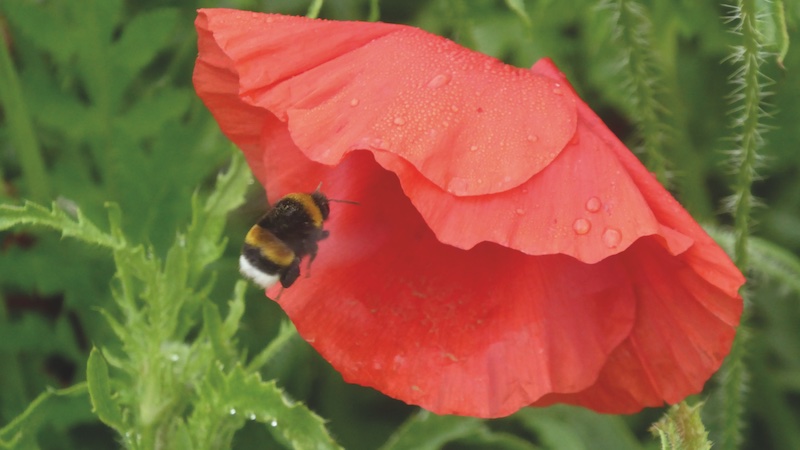Summer poisoning hazards to pets
As the spring turns to summer, owners and their pets will spend even more time out of doors. Some venomous animals are more active in the warmer months and there is risk of adder bites or stings from bees, wasps and hornets. Adder bites can result in significant morbidity but low mortality. Insect stings commonly cause local reactions and although these are generally mild, stings involving the airway are more hazardous since there is risk of respiratory obstruction. In addition, there is also a risk of anaphylaxis in sensitive individuals (just as in people) and multiple stings can cause multiorgan damage. Slug and snail killer products are more commonly used in the summer and are therefore more accessible to pets. These commonly contain ferric phosphate rather than metaldehyde which has been banned in the UK, and are less hazardous. Harmful summer plants include those containing cardiac glycosides such as foxglove and oleander. Some plants such as hogweed contain compounds that cause skin damage following dermal contact in combination with exposure to sunlight, and are therefore a particular risk on sunny days.
Nicola Bates -
